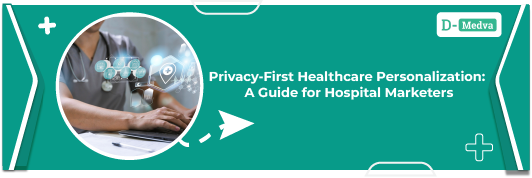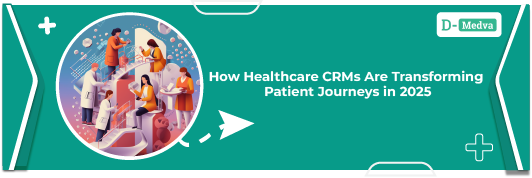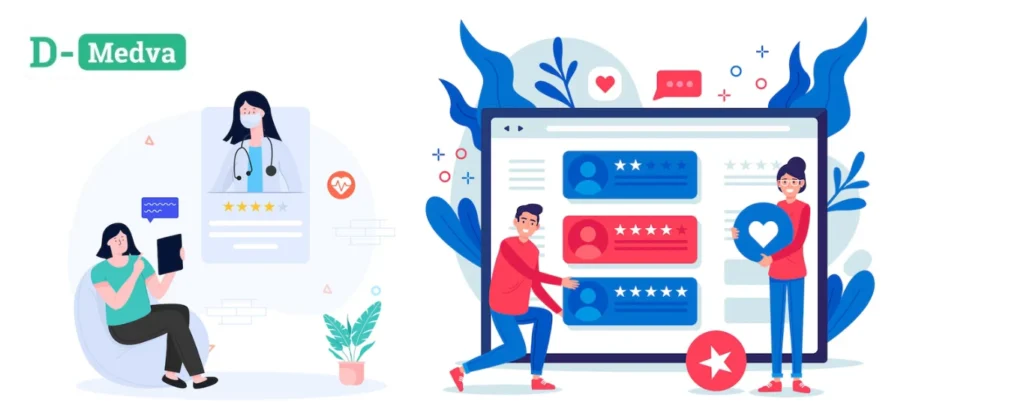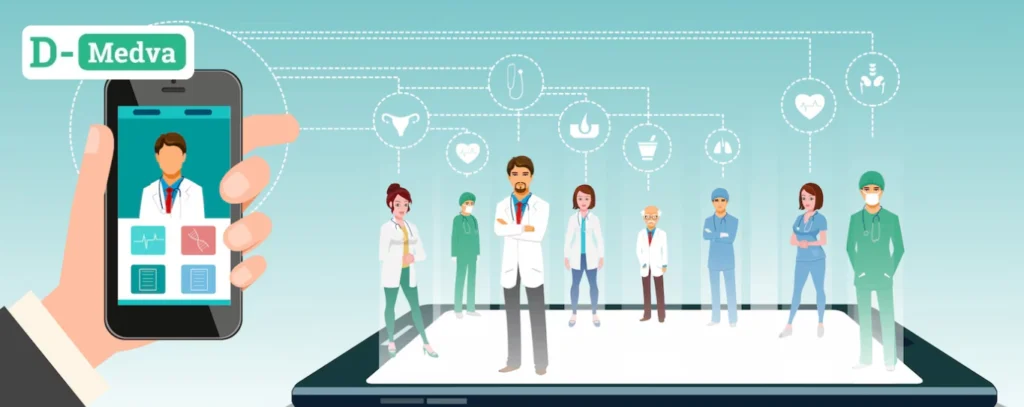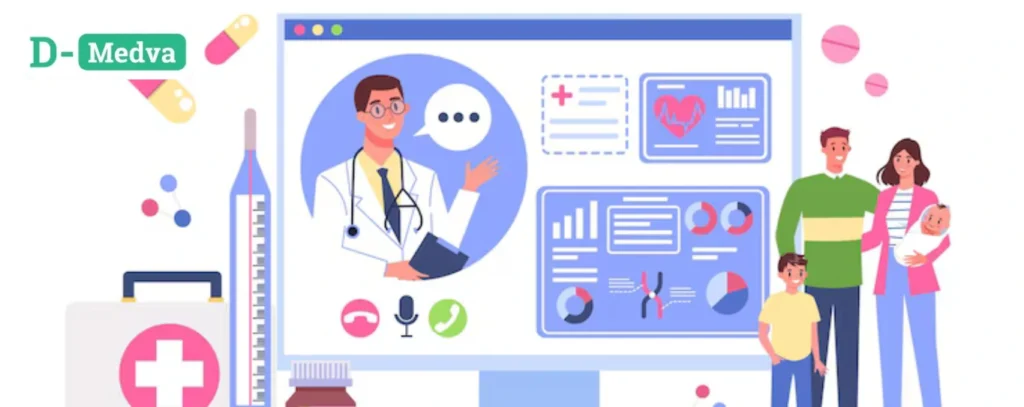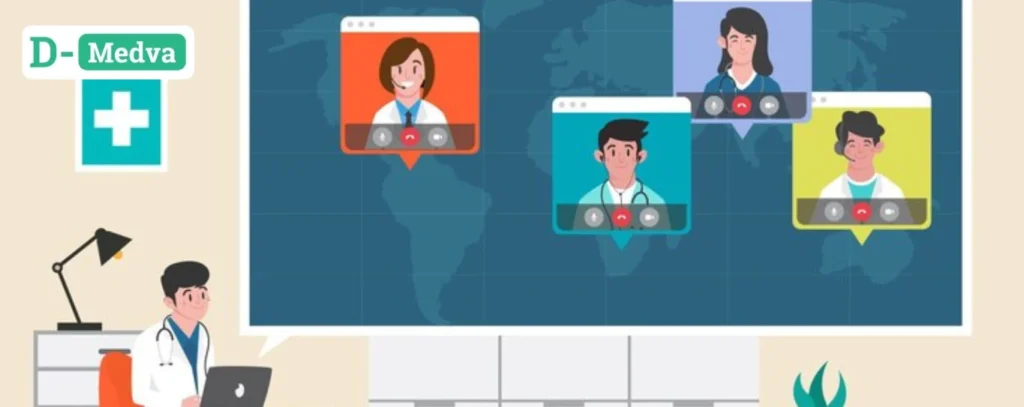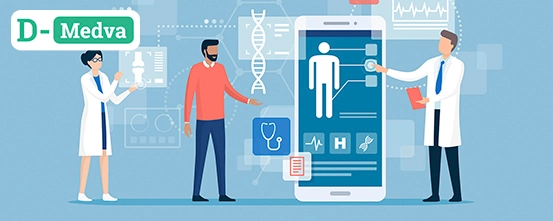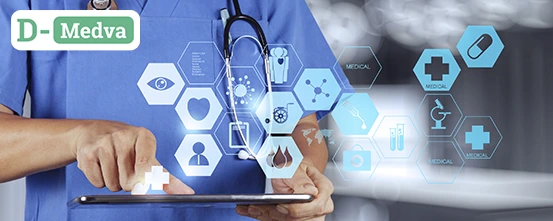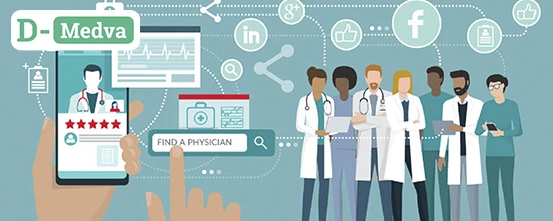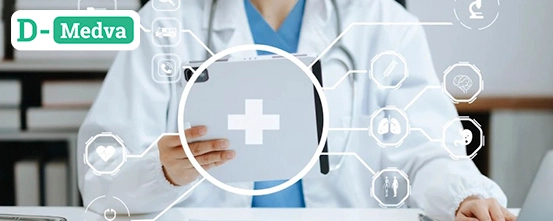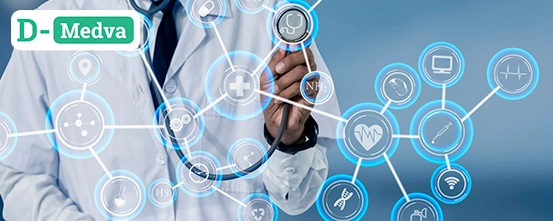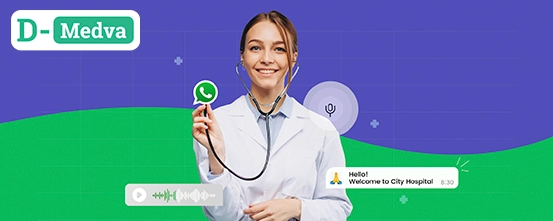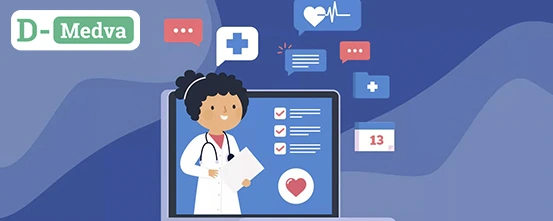
Why Healthcare Brands Should Invest in High-Quality Digital Collateral
In today’s digital age, healthcare brands need to be more proactive than ever when it comes to marketing their services. With an increasing reliance on online platforms for information and engagement, digital marketing strategies have become essential for staying competitive in the healthcare industry. One of the most impactful ways healthcare providers can elevate their marketing efforts is by investing in high-quality digital collateral. Digital collateral refers to the various types of digital content—such as brochures, infographics, videos and social media posts—that communicate a brand’s message and engage its audience. For healthcare brands, this type of content not only builds trust and credibility but also plays a significant role in patient acquisition and retention. In this article, we will explore why investing in high-quality digital collateral is crucial for healthcare brands and how partnering with the right Marketing Agency For Doctors can help in creating effective and impactful digital content. What is Digital Collateral and Why Is It Important for Healthcare Brands? Digital collateral is any type of digital content that supports a brand’s marketing efforts. This can include websites, landing pages, digital brochures, email campaigns, online ads, blog posts, social media content and more. These assets are crucial for conveying your brand’s message, educating your audience and fostering engagement. When used correctly, high-quality digital collateral can provide immense value to healthcare brands by building awareness, attracting new patients and maintaining relationships with existing ones. In the healthcare sector, trust and authority are essential. Patients typically seek out healthcare providers they feel are knowledgeable, reliable and credible. High-quality digital collateral helps healthcare brands establish and reinforce these qualities. Whether it’s a detailed eBook explaining a medical procedure, an engaging video showcasing patient testimonials, or an informative infographic breaking down complex health concepts, these assets can play a pivotal role in educating your audience and establishing your practice as a leader in the field. Furthermore, digital collateral is cost-effective and offers measurable results. Unlike traditional marketing materials like printed brochures or posters, digital content can be easily updated, shared across multiple platforms and tracked for performance. This allows healthcare brands to adapt and optimize their marketing efforts quickly, which is key to staying relevant in an increasingly digital world. The Role of High-Quality Digital Collateral in Patient Acquisition Acquiring new patients is a central goal for any healthcare brand. To do so, your marketing efforts must resonate with potential patients and compel them to take action, whether that’s scheduling an appointment, subscribing to your newsletter, or engaging with your social media channels. High-quality digital collateral plays a vital role in this process. Improving Patient Retention Through Digital Collateral While attracting new patients is essential, retaining current ones is equally important. The cost of acquiring new patients is often much higher than the cost of retaining existing ones. High-quality digital collateral can be an effective tool for enhancing patient retention, keeping your patients engaged and informed and ensuring they remain loyal to your practice. The Importance of Collaborating with the Right Marketing Agency for Doctors Creating high-quality digital collateral that resonates with your target audience and aligns with your goals requires a combination of creativity, technical skill and industry knowledge. This is where partnering with a Marketing Agency For Doctors can provide immense value. A specialized Marketing Agency For Doctors understands the unique challenges healthcare brands face, from regulatory compliance to effectively communicating complex medical concepts in an accessible way. These agencies are well-versed in creating digital collateral that adheres to industry standards while also being engaging and informative. Whether you’re a solo practitioner, a medical group, or a healthcare facility, a reputable marketing agency can help you build an online presence that attracts new patients and keeps existing ones engaged. Additionally, a marketing agency with experience in the healthcare field can help you navigate the complexities of digital advertising, social media strategies, content marketing and SEO. They will ensure that your digital collateral is optimized for search engines, reaches the right audience and is integrated with your overall marketing strategy. By working with experts who understand the nuances of healthcare marketing, you can avoid common pitfalls and ensure that your content is not only high-quality but also effective in achieving your business goals. Best Practices for Creating High-Quality Digital Collateral Investing in digital collateral is only half of the equation; creating content that delivers results requires adherence to best practices. Here are some tips for creating high-quality digital collateral that resonates with your audience: Investing in high-quality digital collateral is no longer optional for healthcare brands; it’s a necessity. Well-crafted digital content can not only attract new patients but also enhance patient retention, educate your audience and establish your practice as an industry leader. By partnering with the right Marketing Agency For Doctors, healthcare providers can ensure that their digital collateral is both effective and compliant with industry standards. Whether it’s informative blog posts, engaging videos, or visually compelling social media content, high-quality digital collateral can provide a substantial ROI by building trust, fostering engagement and driving patient conversions. By taking a strategic approach to digital content creation, healthcare brands can thrive in today’s digital-first world.








